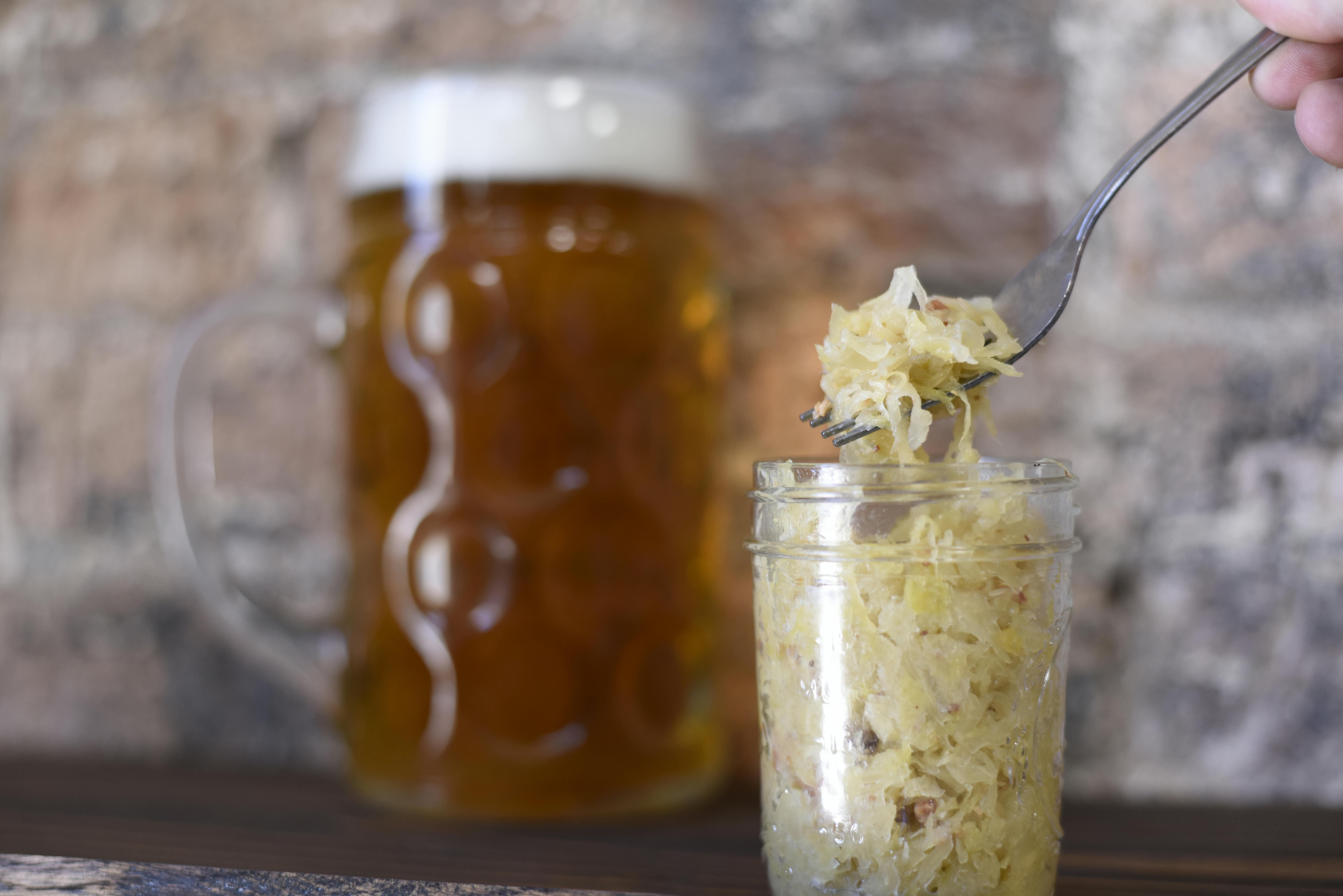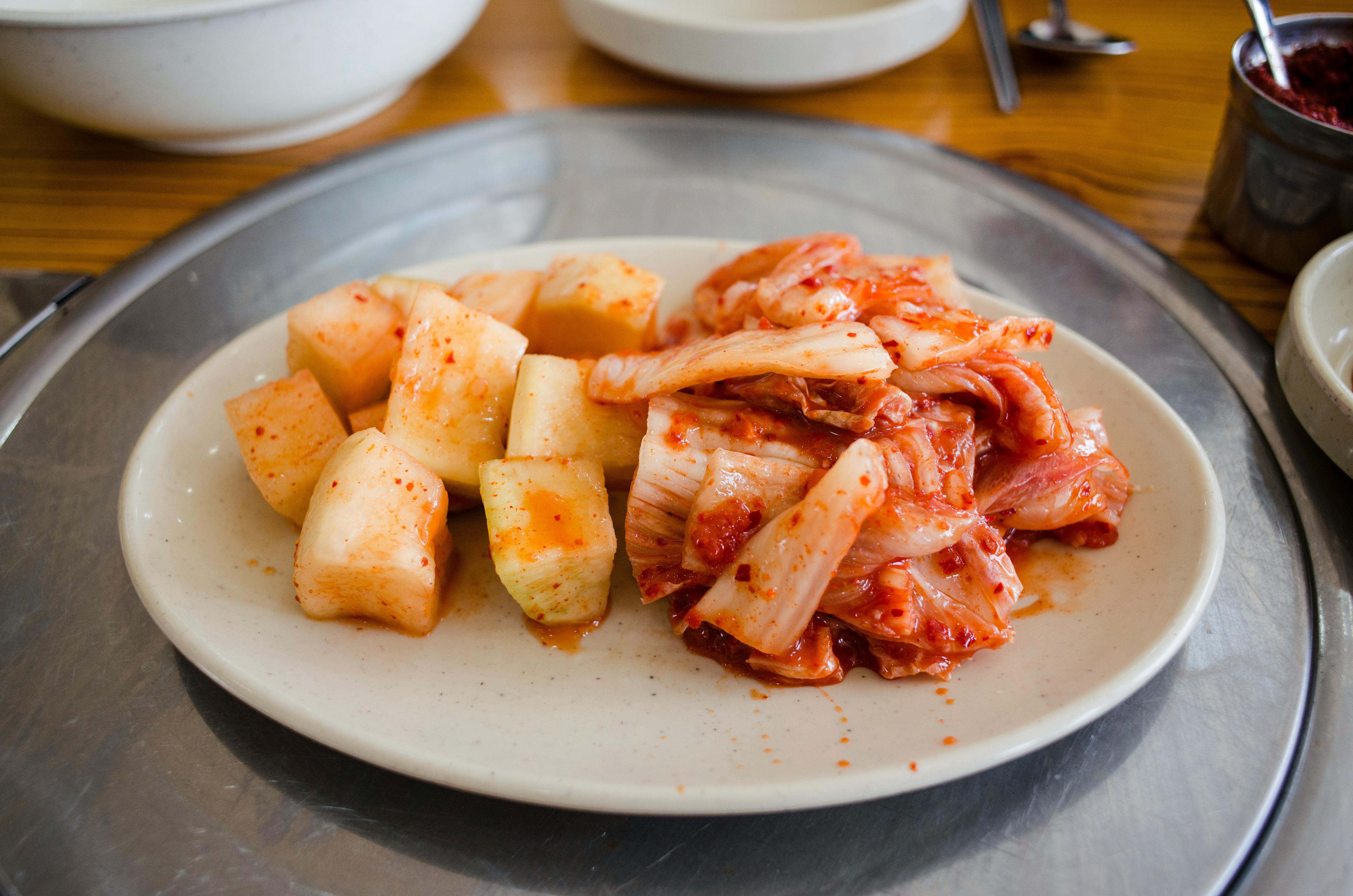9 Delightfully Natural Probiotic Sources That Transform Your Microbiome Journey
Sauerkraut: The Tangy Cabbage Delight

Sauerkraut, a traditional German dish made from fermented cabbage, is a potent source of probiotics. The natural fermentation process not only preserves the cabbage but also enriches it with beneficial bacteria, particularly Lactobacillus species. This tangy side dish is rich in vitamins C and K, as well as dietary fiber, which supports digestive health. Incorporating sauerkraut into your diet can improve gut flora diversity, enhance digestion, and boost the immune system. To maximize probiotic benefits, choose unpasteurized versions, as pasteurization can kill beneficial bacteria.
Kimchi: The Spicy Korean Staple

Kimchi, a staple in Korean cuisine, is a spicy and flavorful fermented vegetable dish, typically made with napa cabbage and radishes. Seasoned with chili pepper, garlic, ginger, and other spices, kimchi undergoes a fermentation process that enriches it with probiotics, particularly Lactobacillus kimchii. This probiotic-rich food not only enhances gut health but also provides a wealth of vitamins A, B, and C. Regular consumption of kimchi is associated with improved digestion, enhanced immune function, and a reduced risk of certain infections. Its bold flavors make it a versatile addition to various dishes, from rice bowls to sandwiches.
